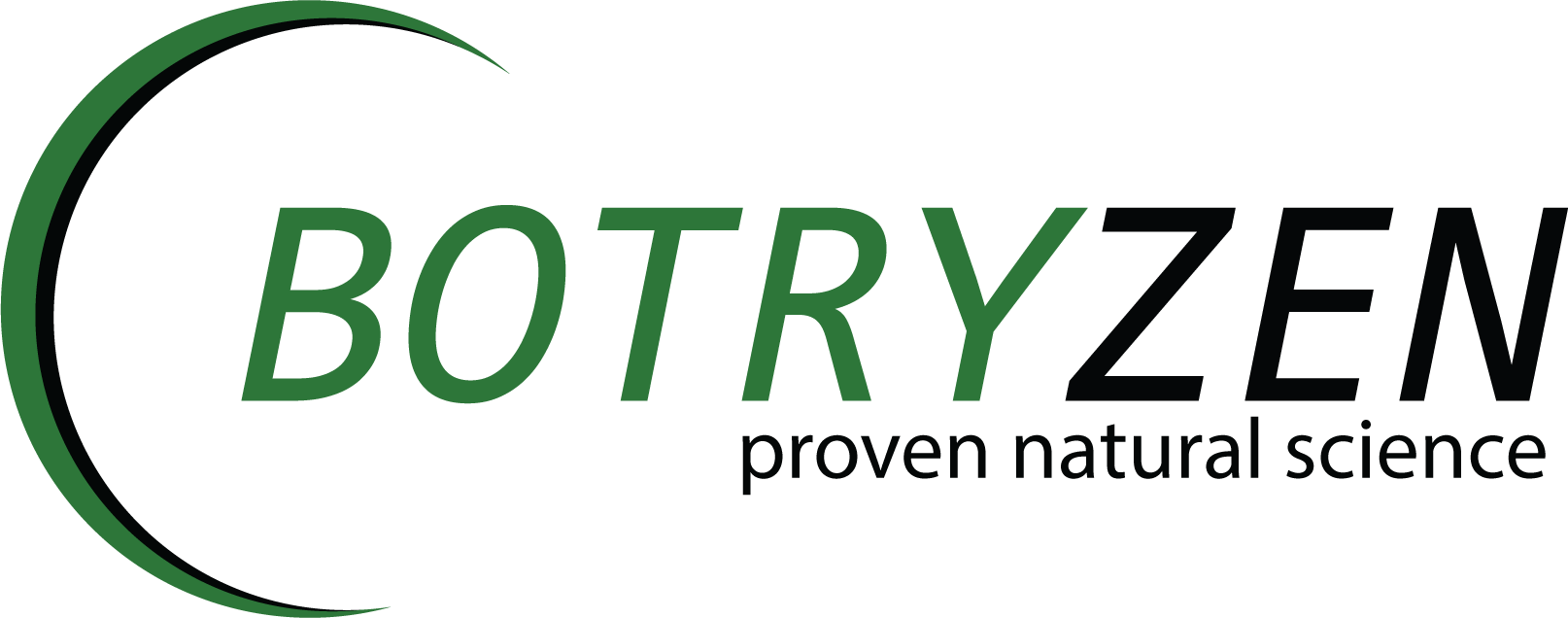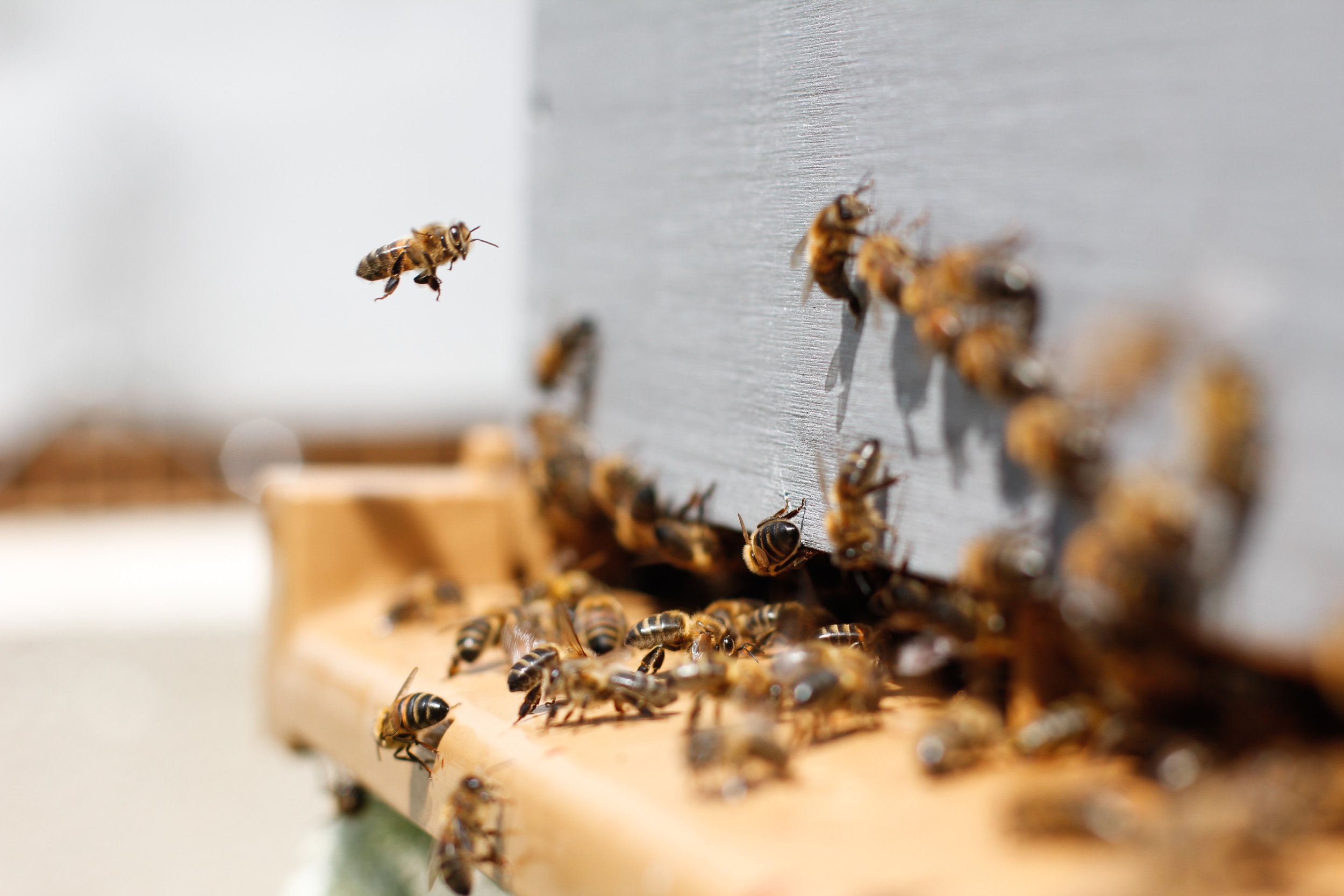BEE VECTORING
THE CONCEPT OF BEES, AS product CARRIERS, for crop PROTECTion WAS DEVELOPED BY CANADIAN university PROFESSORS TO PROMOTE THE HEALTH AND PRODUCTIVITY OF CROPS (1990).
NOTE: For New Zealand, BOTRY-Zen and the system of Bee Vectoring, can be used Off Label on crops that are not restricted by a spray programme (like Kiwifruit).
watch this space:
INTERESTED GROUPS ARE COMBINING TO BRING BEE VECTORING TO NZ.
THE MANY BENEFITS TO THE GROWER, ENVIRONMENT AND COUNTRY WARRANT THIS SYSTEM TO BE REGISTERED AND AVAILABLE TO NZ GROWERS. WE DONT WANT NZ TO BE LEFT BEHIND WHEN INNOVATIVE AND NATURAL SYSTEMS ARE AVAILABLE IN OTHER COUNTRIES. GROWERS AND GROWER ASSOCIATIONS NEED TO SUPPORT THIS GROUP TO GET IT OVER THE HURDLE OF REGISTRATION.
WHAT ARE THE BENEFITS OF BEE VECTORING:
REDUCTION IN WATER USEAGE, AS NOT REQUIRED TO APPLY DISEASE CONTROL PRODUCTS
DUAL PURPOSE OF POLLINATION AND SPREADING A BIOLOGICAL PRODUCT
LESS COMPACTION OF THE SOIL BY TRACTORS AND SPRAY EQUIPMENT
A REDUCTION INTHE HIGH COST OF FOSSIL FUELS
REDUCES YOUR CARBON FOOTPRINT
REDUCES THE USE OF SYNTHETIC PRODUCTS
REDUCES LABOUR COSTS
BUMBLE BEES OR HONEY BEES CAN BE USED (ATTACHED HIVE DISPENSERS ARE DIFFERENT)
POLLEN CAN BE MIXED WITH THE BIOOGICAL PRODUCT AND DISTRIBUTED AT THE SAME TIME TO FLOWERS
HOW DOES THIS CHANGE YOUR DISEASE CONTROL STRATEGY
1. THE ABILITY TO APPLY DISEASE CONTROL PRODUCTS AT ANYTIME DURING FLOWERING
2. REDUCED VISITS OF BEEKEEPERS AS NOT REQUIRED TO PROTECT OR MOVE HIVES WHEN APPLYING BIOLOGICAL PRODUCTS
3. NO PROBLEMS CONCERNING SPRAY DRIFT
4. HEALTHY BEES, HEALTHY CROPS, IMPROVED BIODIVERSITY, IMPROVED YIELD AND LOWER COSTS
POLLINATION
To understand the “Why” for Bee Vectoring you need to look at the reasons why growers need to hire in commercial bees to pollinate their crop. Mark Goodwin, of Plant & Food Research has put together a publication concerning the need for bringing in hives for pollination. Craig Burns (Rural Industries Research) heads up the publication with this, “that pollination is often the most poorly managed of the growing practices”.
Mark’s publication should be the first read before jumping into hiring bee hives for pollination.





